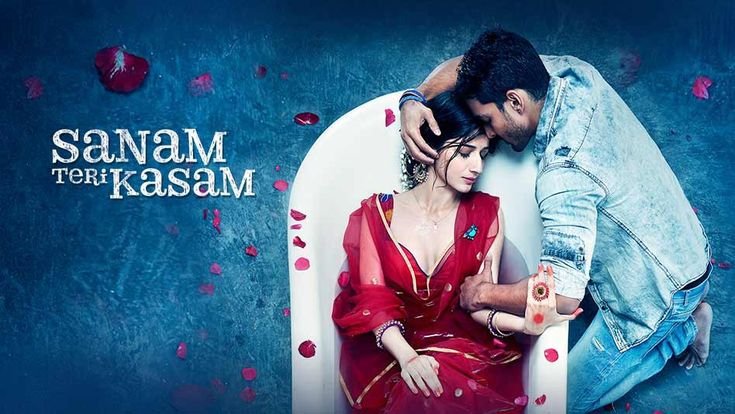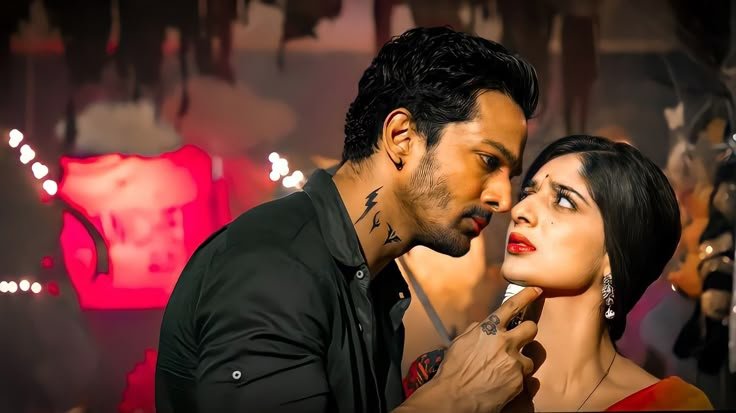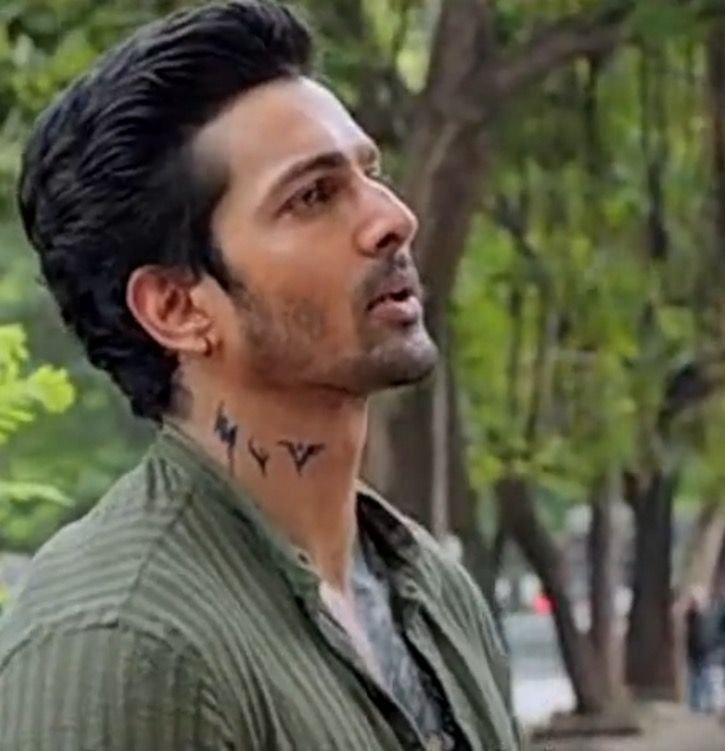Physical Address
304 North Cardinal St.
Dorchester Center, MA 02124

Actor Harshvardhan Rane has taken a firm and unapologetic stand regarding his decision not to be a part of the sequel to Sanam Teri Kasam if it involves working with Pakistani actor Mawra Hocane. His response comes after Mawra referred to his decision as nothing more than a “PR strategy,” brushing off his choice as a publicity stunt rather than a personal or patriotic decision.
Harshvardhan, who starred alongside Mawra in the original 2016 romantic drama, made it clear that he does not wish to work with someone who has spoken against his country. Mawra, like many Pakistani artists, posted disapproving remarks about India following Operation Sindoor — a successful strike by India against terror camps in Pakistan.

While Mawra’s criticism of India stirred emotions online, Harshvardhan remained quiet until recently. But now, with the announcement of the film’s sequel and the possibility of the original cast returning, the actor has decided to speak up, especially after being accused of using the situation for attention.
In an exclusive conversation, Harshvardhan responded firmly:
“I am not interested in discussing the cast of that film at this point. An individual has given a statement against my country.”
He went on to explain that his decision has nothing to do with personal rivalry or a publicity plan, but is entirely rooted in values and respect for his country.
“If I was a cricketer, I would choose whether or not I want to play cricket with that player. If I was a passenger, I would choose whether or not I want to travel with that person. But since I work in films, I can only step down from working with such an individual in films. Hence, my stance is related to my field of work, which happens to be films. I am well within my rights to choose not to work with actors who label my country’s actions as ‘cowardly’.”

This bold statement highlights Harshvardhan’s belief that professional choices are also personal, especially when national sentiments are involved. His refusal to compromise on his principles has sparked conversations across the industry and among fans.
While some may see his stand as controversial or even dramatic, others appreciate his courage to stand by what he believes in. The matter has opened up a broader discussion about patriotism, the personal choices of artists, and how global political tensions can influence creative collaborations.
In conclusion, Harshvardhan Rane’s decision is more than just about a film — it’s a reflection of how national pride can shape personal and professional boundaries. At a time when the world is increasingly connected through art and media, his choice challenges the often-blurred lines between politics and entertainment.

What do you think?
Do actors have the right to reject projects based on national sentiment, or should art remain separate from politics?
We’d love to know your thoughts in the comments below.